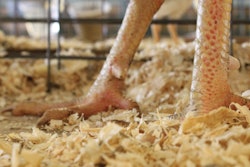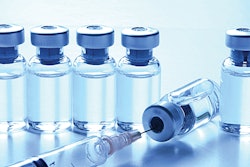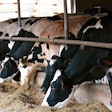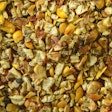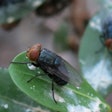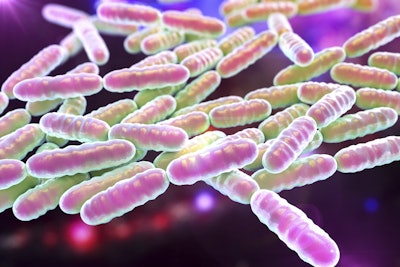
A University of Connecticut (UConn) associate professor has filed a provisional patent for a method of spraying chicken eggs with commercially available probiotics as a means of promoting embryonic and post-hatch growth.
Mary Anne Amalaradjou, associate professor of animal science in UConn’s College of Agriculture, Health and Natural Resources, studied the effects of spraying eggs with probiotics on the first day of incubation – earlier than previous research.
Human “development during fetal growth is critical for postnatal health and sometimes there are lifelong implications,” Amalaradjou said in a press release. “So, the same should be true of birds or other animals.”
Because probiotics are already commonly used in poultry production, this intervention would be easy for farmers to adopt. The method Amalaradjou developed also does not require expensive equipment or extensive training to use. Amalaradjou began observing changes in fetal muscle growth as early as Day 7 of the 21-day incubation period, highlighting the efficacy of her approach.
“If you’re starting later, you’re missing that important window and the growth potential is not fully realized,” Amalaradjou said.
Amalaradjou published a paper in Poultry Science showing that, on day 18 of incubation, there was a 10.6% increase in embryo weight compared with eggs not treated with probiotics.
This group also had larger breast and leg muscles – the two main parts of the chicken that are sold for consumption. After hatching, these birds saw increased muscle growth as well.
“When we talk about broilers, the money is in the meat produced,” Amalaradjou said. “How many pounds of meat do you get per pound of feed that is fed to the bird? That’s what matters at the end of the day in terms of the economic viability of the farm.”
There are two stages of muscle growth for birds. The first, the development of muscle fibers, occurs while the chicken is still an embryo. The second, the growth of these muscle fibers, occurs post-hatch. From the eggs treated with probiotics, the chicks developed 70% to 80% more muscle fibers.
“How much the muscle will grow will depend on the number of muscle fibers you have,” Amalaradjou says. “We had more fibers in the embryos of the eggs that were treated with the probiotics, which means post-hatch they have more capacity for growth which means more meat at the end of the day.”
Amalaradjou also studied layer hens: With the probiotic spray, Amalaradjou observed a 5% improvement in how many eggs successfully hatched. Amalaradjou published these findings in Poultry Science.
“We got more chicks hatching,” Amalaradjou says. “These chicks were also healthier, heavier and better-developed.”
The chicks were more active and alert, meaning they sought out food and water to support their continued growth. Ultimately, these chicks ate less but gained more weight, an important cost-saving measure for hatcheries.
Their bones were also heavier and hence stronger, which is especially important for hatchery chickens because much of their calcium is diverted to their eggs, leaving the hens susceptible to fractures.
Through a project funded by the U.S. Department of Agriculture (USDA), Amalaradjou is now investigating the egg production among layers to see if those treated with probiotics before they hatch produce more eggs as an adult.
Amalaradjou is also using next-generation sequencing techniques to determine why and how she is seeing these outcomes.
Recently, Amalaradjou has also received a USDA grant to study the intestinal development of chickens from eggs sprayed with probiotics.
“The other important thing for these birds is the optimum development of the intestines,” Amalaradjou said. “If it’s well-developed they can digest food better, absorb nutrients better, that means their feed efficiency will be better. It can improve the economic sustainability and viability of the enterprise.”


